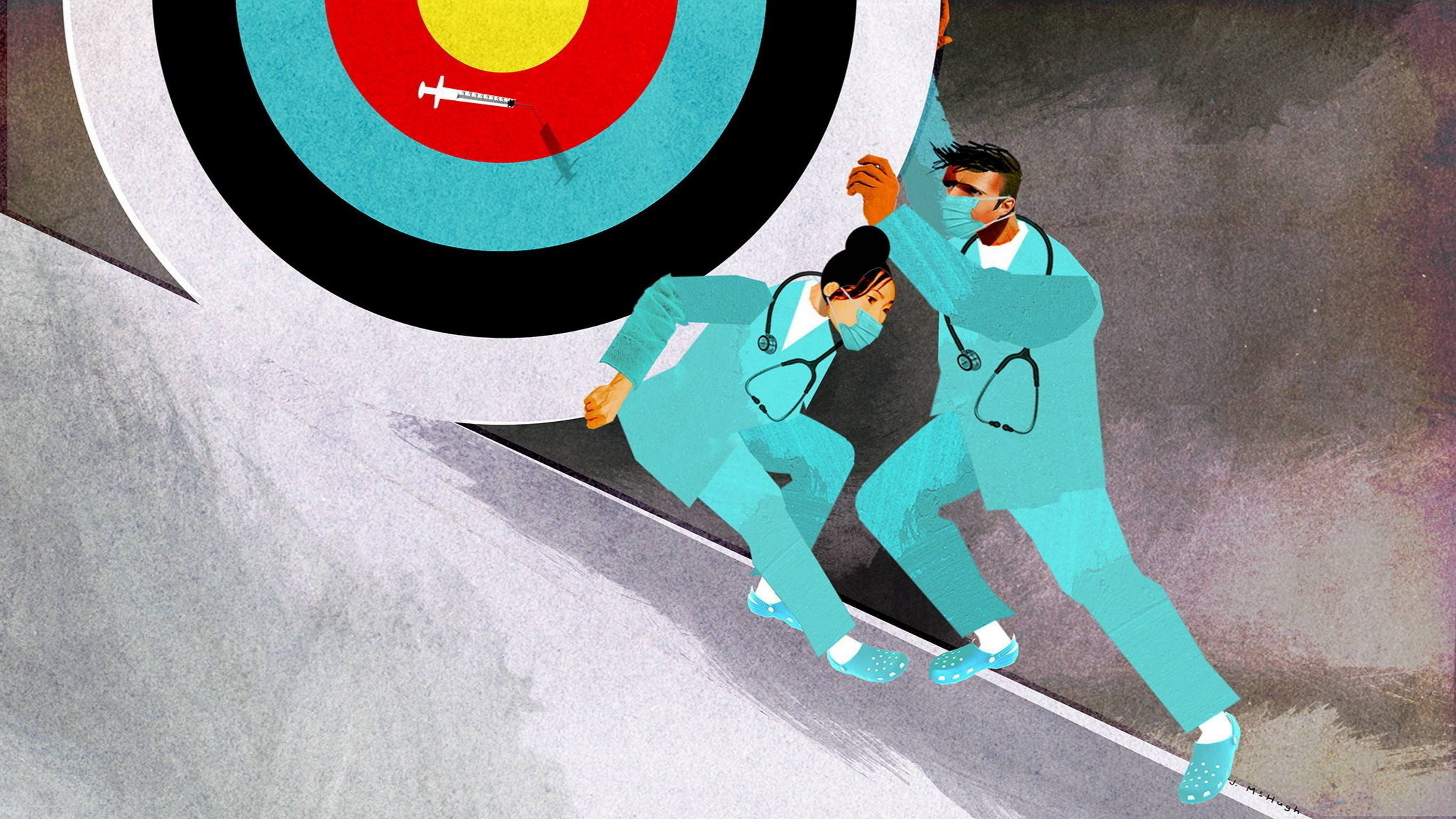Pandemic exposes sharp divide in European cancer treatment
Lotta Nilert was one of the millions of people globally who were receiving cancer treatment when the coronavirus pandemic erupted. But her care at Stockholm’s Karolinska University Hospital did not miss a beat.
“Between the surgeon, the oncologists and the ward they’re very well co-ordinated. They know their patients well so they know how to prioritise,” said the Swedish retiree, 70, adding she was now “feeling fine” and hopeful of making a full recovery.
Nilert was among the lucky ones. Cancer care around the world has been severely disrupted as the coronavirus crisis consumed resources and deterred many from seeking treatment. Even in wealthy European countries, cancer screening and treatment have been delayed and waiting lists have swelled.

Until the system was introduced, it was not uncommon for a four-hour surgery session to be wasted. Two years before the pandemic, hospital bosses also extended the operating day, with elective surgery taking place until late at night and sometimes on weekends.
Surgeons also commit to carrying out a set number of operations, with performance against these targets rigorously monitored.
Sander said she believed that the Karolinska’s approach was unique in Europe. “I think we’re in the front line here,” she said. “It can always get better, of course, but quality-wise we have good results.”
This story originally appeared on: Financial Times - Author:Sarah Neville




























